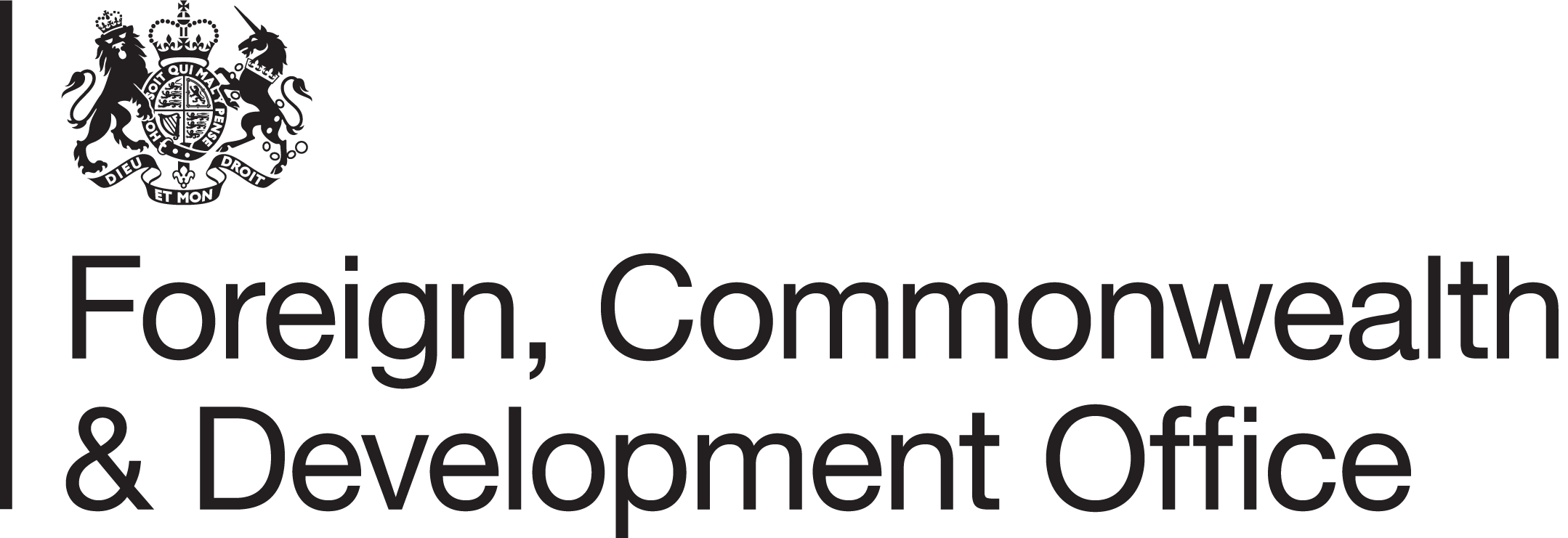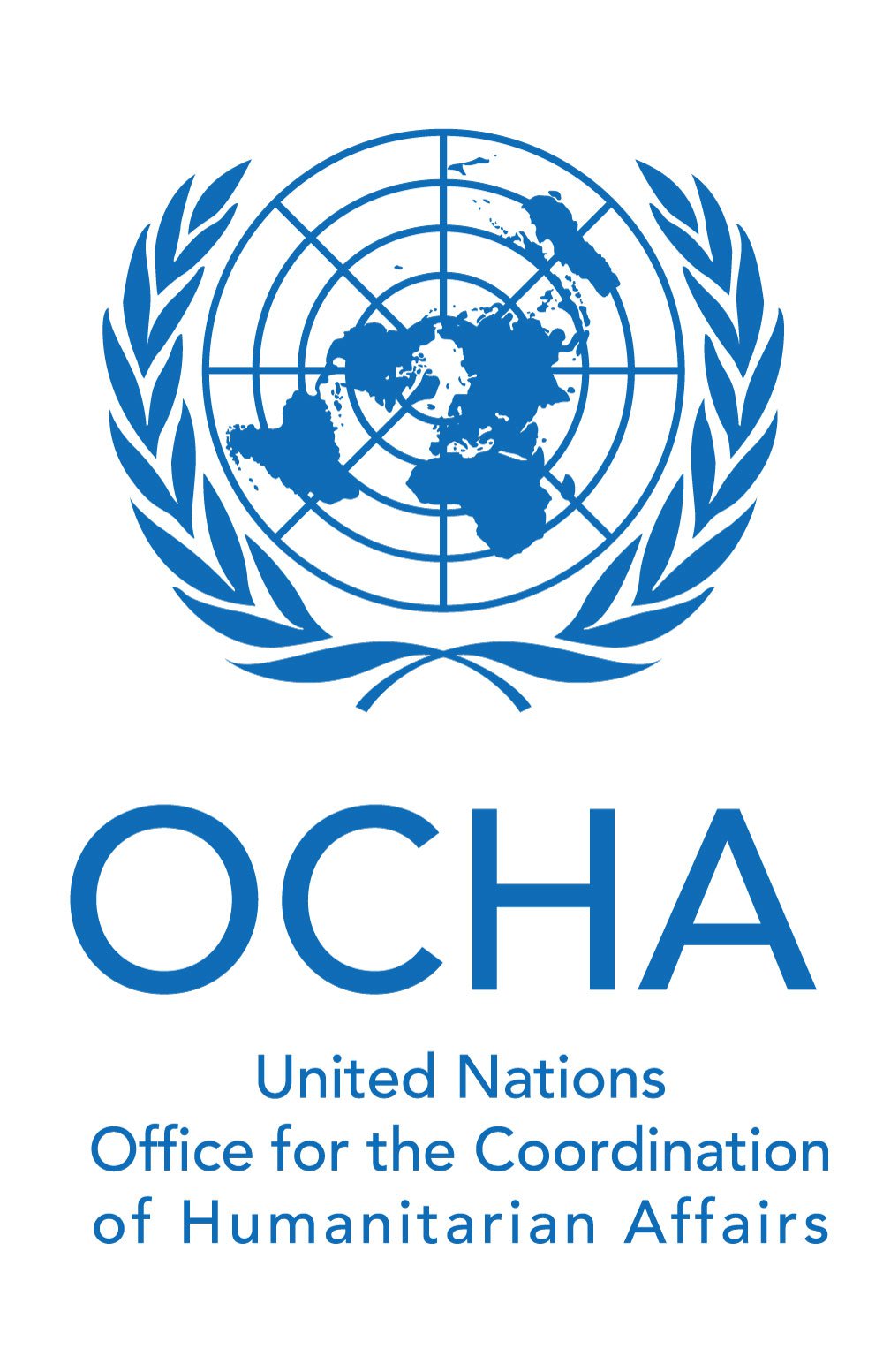Humanitarian crises, emergency preparedness and response: The roles of business and the private sector
The humanitarian community has tended to see the private sector principally as a source of goods, services, philanthropy and periodic “corporate social responsibility” (CSR) initiatives. While one cannot deny the importance of these types of activities for the humanitarian sector, a more comprehensive understanding of the humanitarian–private sector interface must consider businesses’ broader role in reducing vulnerability. How can the private sector effectively engage with preparedness and emergency response and how can it further humanitarian objectives, including within the scope of its ‘core business’?
The inter-relationship between core business, the contractual provision of goods and services, philanthropy and CSR needs to be captured in its totality in order to define the potential role, contribution and impact that the private sector can have with respect to fostering resilience through its own investments and through effective emergency preparedness and response. With this perspective in mind, the proposed study – Humanitarian crises, emergency preparedness and response : the roles of business and the private sector – will broadly explore two areas:
- How humanitarian assistance and private sector business activity affect each other, where potential synergies can be achieved and negative interactions avoided, and how governments, inter-governmental organisations and civil society can facilitate synergies for the private sector to more effectively engage in preparedness, response and contribute to resilience outcomes now and in the future.
- How to use learning from past experience to develop or enhance frameworks and mechanisms that governmental, inter-governmental and private sector actors can jointly subscribe to and implement in order to reduce communities’ vulnerability to shocks and crises, with the ultimate aim of improving the effectiveness of emergency preparedness and response efforts.
The project’s ultimate objective is: to ensure that the private sector’s advantages and limitations are systematically factored into humanitarian planning and responses in ways that will enhance all aspects of the humanitarian endeavour – from better anticipation and preparedness to response and post-crisis resilience building.
The project has four specific objectives:
- To map the types of private sector actors and inter-relationships across communities and national actors in order to identify more precisely the private sector’s current and potential roles and value-added in emergency preparedness and response and to define more precisely what is meant by ‘private sector’ (i.e. from small community-based businesses to diaspora, national and multinational corporations and state capitalist structures);
- To identify the wide spectrum of measures and approaches that have been used by the private sector to support people affected by crisis and to analyse the role of the private sector within them and the perceived benefits that were produced (or which could have been produced) for affected populations;
- To identify the frameworks, structures and mechanisms in which such measures and approaches were used in order to determine which may merit future replication; and
- To determine ways to incorporate such practices into private, public and non-governmental arrangements to enhance more collaborative and coherent approaches to emergency preparedness and response at global, national and local levels.
Staff
-
Sara Pantuliano
Chief Executive
-
Lilianne Fan
Research Associate

